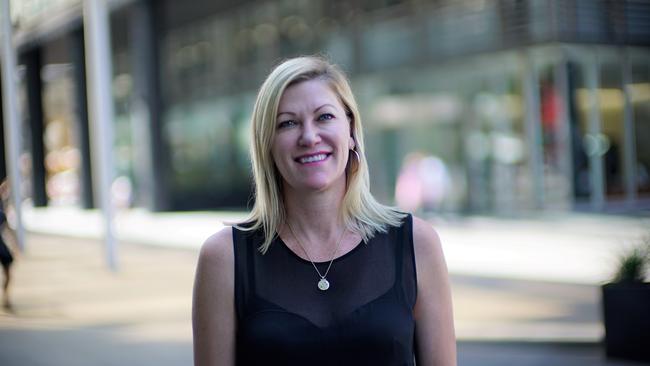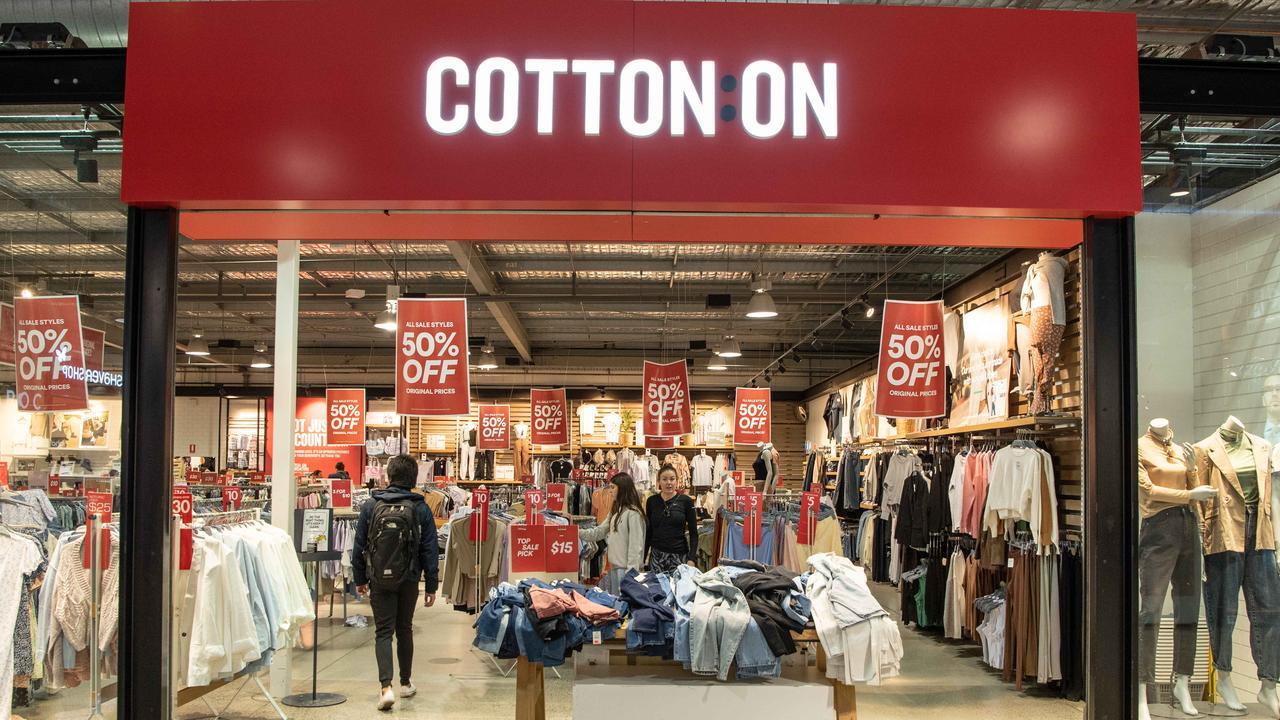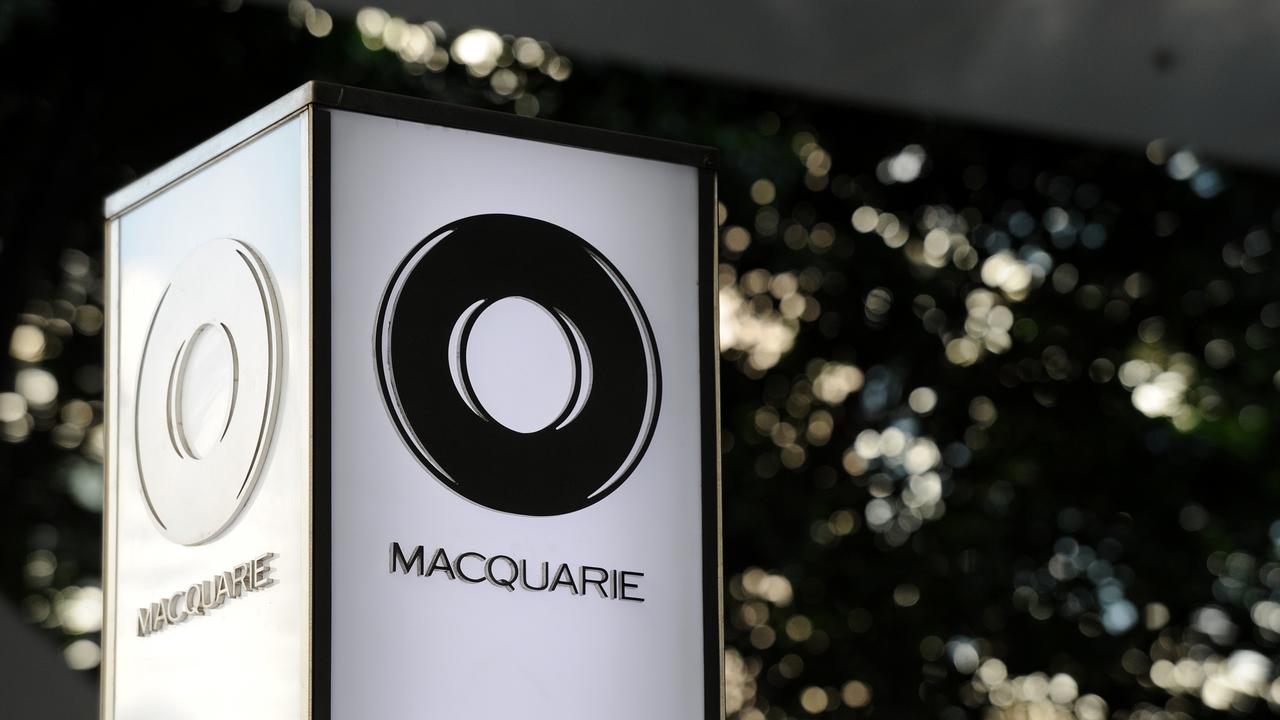KPMG warns new government policy likely to drive start-ups overseas as funding crashes to five-year low
The Albanese government is considering lifting the threshold for who can be a sophisticated investor — a move likely to push start-ups offshore, the consulting firm warns.

Business
Don't miss out on the headlines from Business. Followed categories will be added to My News.
Start-up funding has collapsed in the past year and is expected to worsen as the Albanese government makes it harder to become a sophisticated investor — a move which a capital raising expert warns is likely to drive more companies overseas.
Total investment in Australian start-ups plummeted 53 per cent to $US2.54bn ($3.87bn) last year, according to KPMG Venture Pulse data. This compares with $US5.44bn raised in 2022.
KPMG head of high growth ventures Amanda Price said raising cash had become more challenging, citing higher interest rates, geopolitical tensions and concerns about the valuations of venture capital-backed companies.
Ms Price said the environment was set to worsen as the government considers changing the rules of who can be deemed a sophisticated investor.
The current definition, set in the Howard era, is someone earning $250,000 a year or having $2.5m worth of assets. Under the changes being considered, this would lift the threshold to having at least $4.5m worth of assets and earning more than $450,000 for two consecutive years.

While the move is aimed at protecting mum and dad investors, it threatens to drive more start-ups offshore.
“It reduces the number of people who can invest and we need more people investing in start-ups, not less,” Ms Price said.
“I don’t understand why anyone would be proposing it. I find it quite extraordinary that this is a sector that the government needs to support and the policies need to support so it can grow.
“If we are investing in these start-ups we need more people to do that. This (proposal) is the complete antithesis of that.”
Ms Price warned the changes would set Australia back a decade, when start-ups raised capital offshore and eventually moved their operations closer to their overseas funders, with Australia missing out on capitalising on homegrown innovation.
“Why would we even recreate that? We have a good few years of companies that are staying here like Canva, like Safety Culture. They’re staying here and they’re building their businesses, and we certainly want to encourage that.”
Ms Price said for every company like Atlassian and Canva, which retains their headquarters in Australia, it supports further innovation and the country’s transition to the so-called smart economy.
“For every person they employ, there’s a percentage of those people who will actually go out and start their own company. It’s the sort of PayPal mafia type example — and that’s what we really want here.”
KPMG Venture Pulse data tracked 482 Australian VC deals in 2023, down from 714 in
2022. Ms Price said the downturn came quicker than expected but entrepreneurs have been adapting.
“It was a shock. I think that founders definitely felt that the rug had been pulled out from under them. If you’re a founder of a company that requires a lot of capital and you just continue to be able to raise easily — you’re expanding your sales team and your marketing team to take advantage of all those opportunities and grow the company as fast as you can … and then all of a sudden you’re told that’s not the way to grow … it’s a hard pill to swallow.”
In the past several years, entrepreneurs have been able to choose their funders, with VC firms having to show how they can help grow a potential portfolio company’s operations. But now the pendulum has shifted, with Ms Price saying investors want companies which can display a clear pathway to profitability, not burn cash.
“It also means that it can be quite a different type of company. Some companies have an easier path to profitability than others — deep tech companies don’t have an easy path to profitability.
“So if you’re one of the many companies that were being funded and a lot of that funding was being used for customer acquisition and to support growth, then it’s pretty hard to turn that around quickly.
“But in saying that a lot of founders have (turned their business models around). They’ve managed to get on top of this … let staff go that aren’t absolutely necessary. That’s what founders are good at — their resilience and ability to pivot and change.”
Companies doing well are operating in the climate tech, artificial intelligence and med tech sectors, Ms Price said.
“We certainly took on a lot of climate tech companies last year that raised a lot of funding, and we’re still seeing deep tech get funded.”
Ms Price believed the start-up funding challenges across other sectors were unlikely to dent enthusiasm for public offerings of bigger companies, with Canva and Airwallex flagging potential listings in coming years.
“Over in the States, they seem very bullish on the IPO market. The flow-on effect from a Canva IPO would have an enormous positive effect on the start-up ecosystem here, so let’s hope that happens.
“Our IPO team here is saying towards the end of year it is expected to pick up, which is great.”
More Coverage
Originally published as KPMG warns new government policy likely to drive start-ups overseas as funding crashes to five-year low





